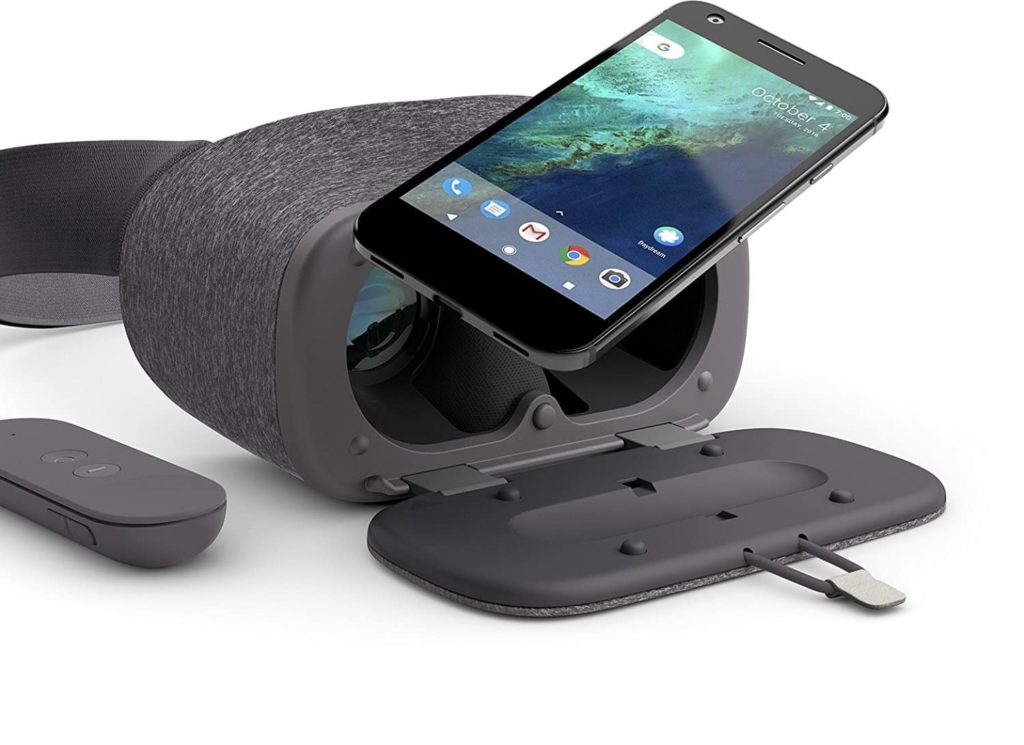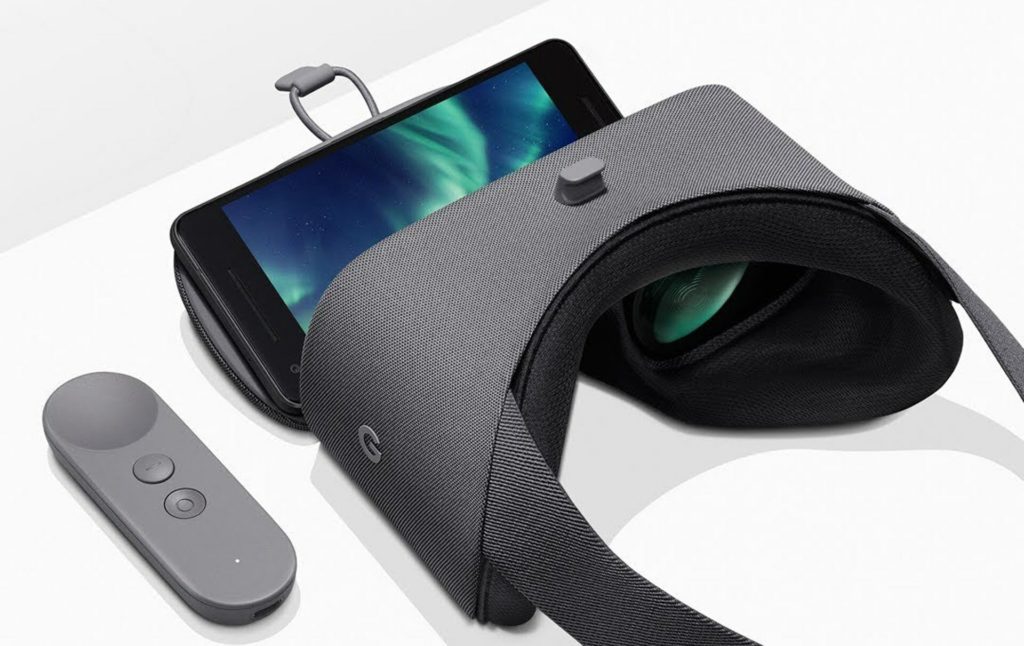Google has withdrawn Daydream View VR helmets from sales. The project lasted three years
Google closed the Daydream project and stopped selling the Daydream View helmet. This VR platform for Android devices has not been successful among developers and ordinary users.

Google told Variety about the rejection of the platform. It will support an app store for already implemented VR helmets, but new headsets will not be on sale.
During the year, the company systematically curtailed the Daydream project. Since the beginning of 2019, not a single smartphone with Daydream View support has been released (the Pixel 4 introduced yesterday also does not support it). In the summer, the Internet giant also canceled the release of Google Play Movies for the headset.
The Daydream project has existed since 2016. It was assumed that this platform would improve the experience of interacting with virtual reality for mobile device users. However, over time, Google stopped considering Daydream a “viable long-term solution.”

According to its representatives, the problem is in the restrictions: “Users absolutely do not like that they need to embed their smartphone into a headset, thereby losing access to various applications.” Google data says that Daydream View is used less and less by smartphone owners. In addition, the platform was supported only by a limited number of devices.
As Variety notes, Google is gradually moving away from the VR market. Earlier this year, it shut down the Jump VR content creation platform and froze a number of other projects related to virtual reality. But, as the company itself confirmed, it has refocused on augmented reality and is investing “significant funds” in AR development.
***
Let’s add that in general, the segment of mobile VR platforms is losing activity. Daydream View was significantly inferior in sales to Samsung Gear VR. But the latter also fails to retain users, although in the first year it sold 5 million copies. According to The Verge, Samsung has not officially closed the Gear VR project, however, it has released its newest flagships (Galaxy Note 10 and Note 10+) without VR headset support.
Also on the topic:
